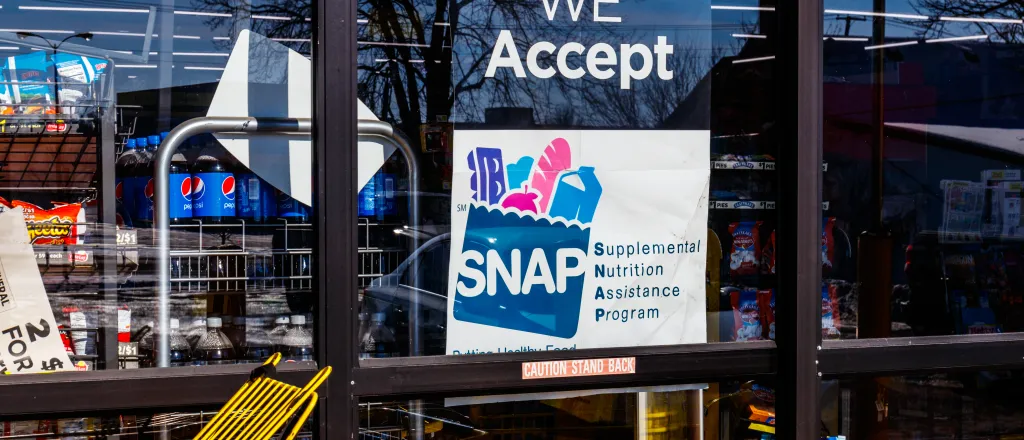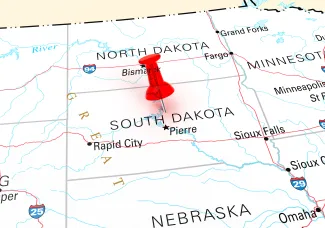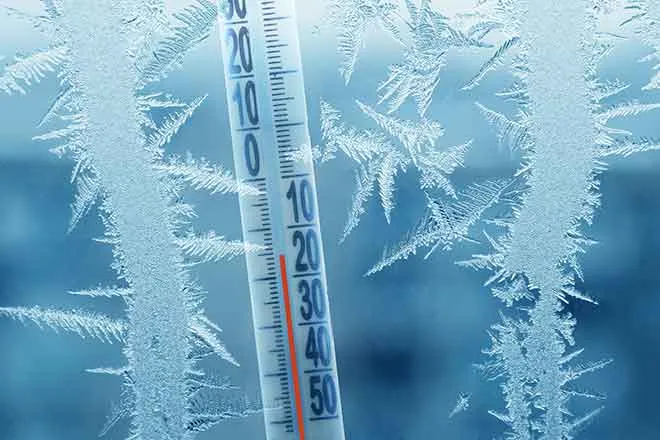
South Dakota food bank: We're stretched too thin to absorb SNAP cuts
Click play to listen to this article.
Federal data show roughly 75,000 South Dakota households rely on SNAP benefits to put food on the table and hunger-fighting groups paint a troubling picture if Congress goes through with big program cuts.
The Supplemental Nutrition Assistance Program, once known as food stamps, faces a possible downsizing in the budget reconciliation bill now in the Senate. It has already cleared the House. Relief organizations say cuts proposed along the way could take away enough food for more than 9 billion meals on average every year.
Lori Dykstra, CEO of Feeding South Dakota, said it would be harder for her network to pick up the slack with donations on the decline.

"At a time when resources are the lowest, need is the highest," Dykstra pointed out. "We're in this challenging space to be able to fill that gap as a food bank."
Because of economic uncertainty, she noted businesses that normally donate excess food are being careful not to overstock. Dykstra emphasized SNAP benefits give struggling households more healthy food choices during times like these. A key GOP Senator said even though legislative rules have cast doubt over some provisions, they will still seek reforms to preserve SNAP for those who need it, while saving taxpayer dollars.
The Senate version still has nearly $100 billion in proposed cuts as Republicans look to offset proposed tax cut extensions. Poverty researchers said misinformation continues to spread about the integrity of SNAP, noting payment errors are often unintentional and fraud is only a small portion of program activity.
Vince Hall, chief government relations officer for Feeding America, a nonprofit network of 200 food banks, said the current approach targets the wrong people.
"Instead of addressing fraud in a thoughtful and effective way, it's using fraud as an excuse to hurt people who are honest, hardworking; seniors, who are in their golden years; people with disabilities; active-duty military," Hall outlined. "It is harming all of those families."
Feeding America added losing access to SNAP benefits would hurt recipients in other ways, too. For example, adults who get SNAP benefits spend about $1,400 less on average per year for medical care than adults who do not. The organization worries people would have to make tougher choices, like whether to pay for health care needs or food.
















